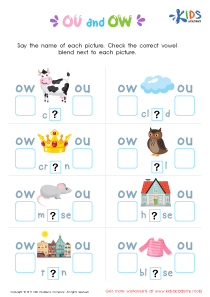Long And Short Vowel Worksheets for Ages 3-4
6 filtered results
-
From - To
Discover our Long and Short Vowel Worksheets designed for ages 3-4! These engaging worksheets are perfect for introducing young learners to vowel sounds, helping them differentiate between long and short vowels through fun and interactive activities. Each worksheet features colorful images and simple exercises tailored to captivate preschoolers’ attention and reinforce their phonemic awareness. Our expertly designed printables support early reading skills development, paving the way for a smooth transition into kindergarten. Ideal for parents and educators, these worksheets promote learning through play, making the vowel recognition process enjoyable and effective for little ones. Explore now!
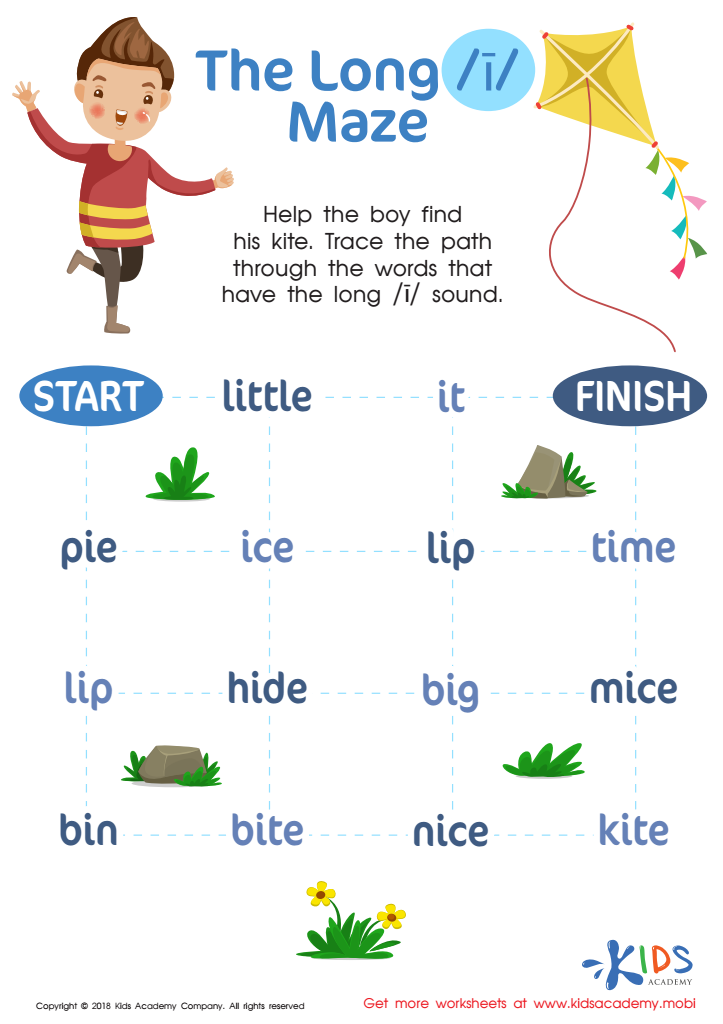

The Long I Maze Reading Worksheet
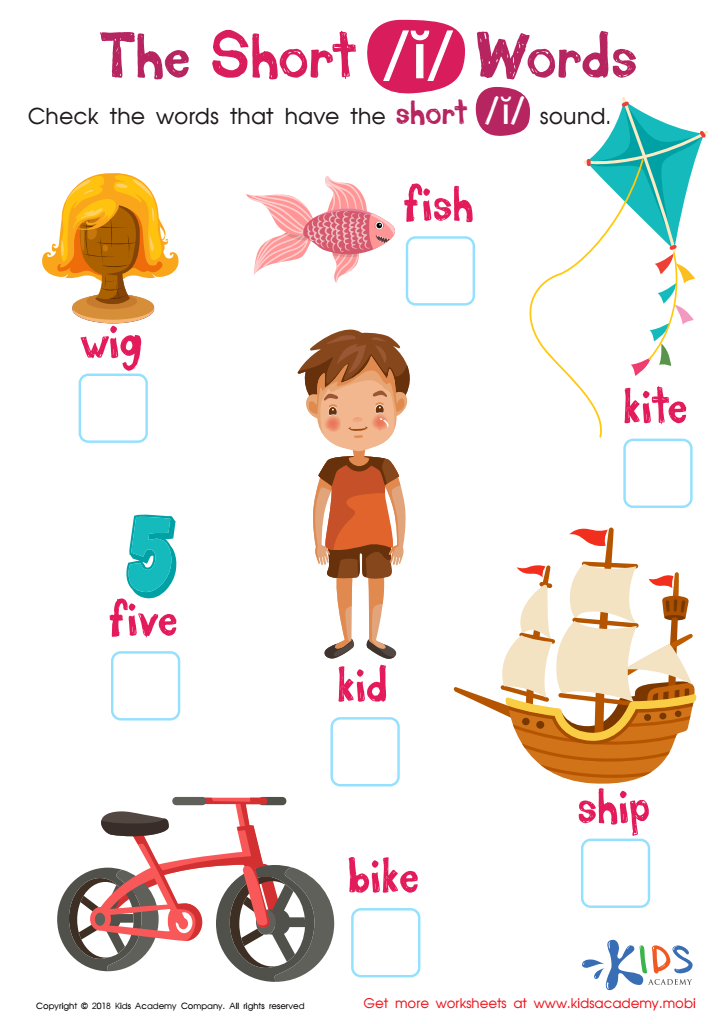

The Short I Words Reading Worksheet
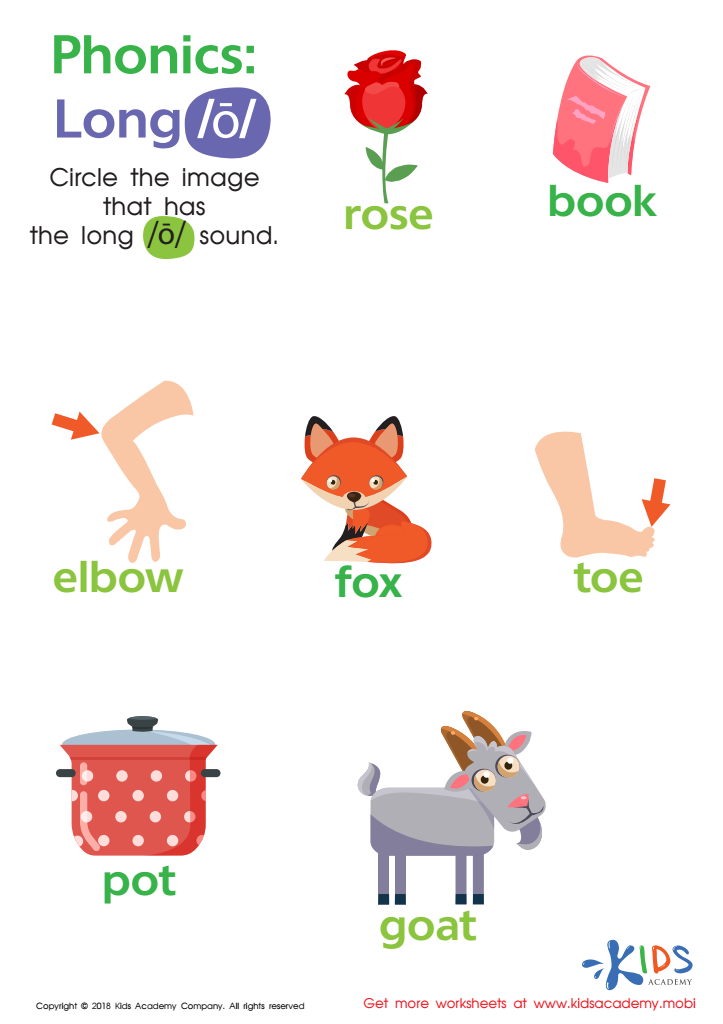

Phonics Long O Reading Worksheet
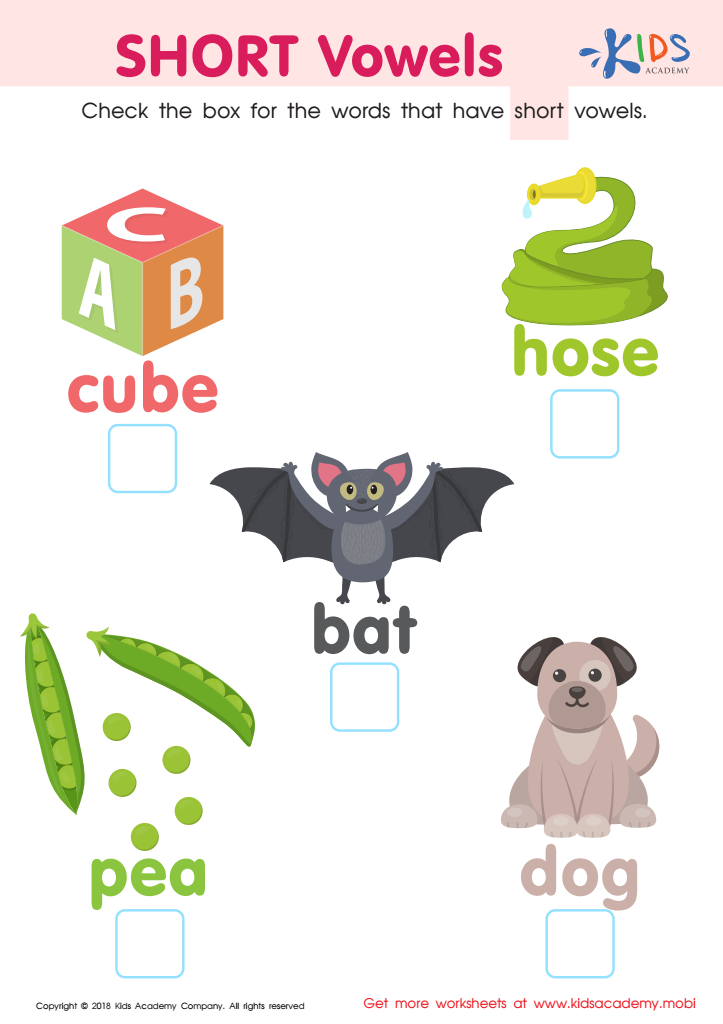

short vowels Worksheet
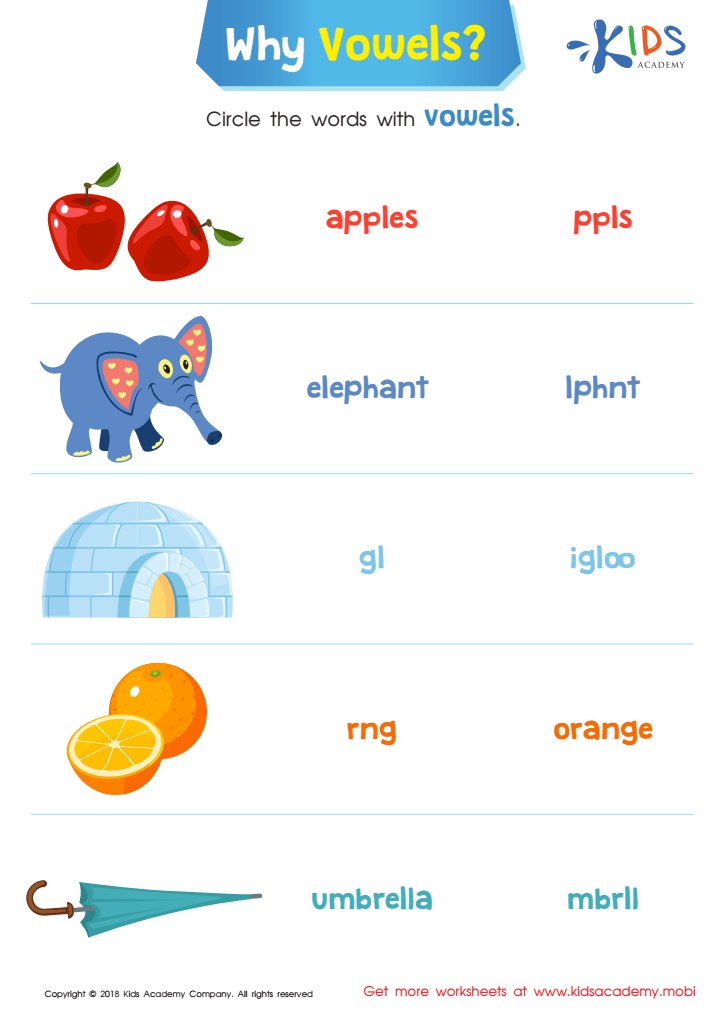

Why Vowels? Reading Worksheet
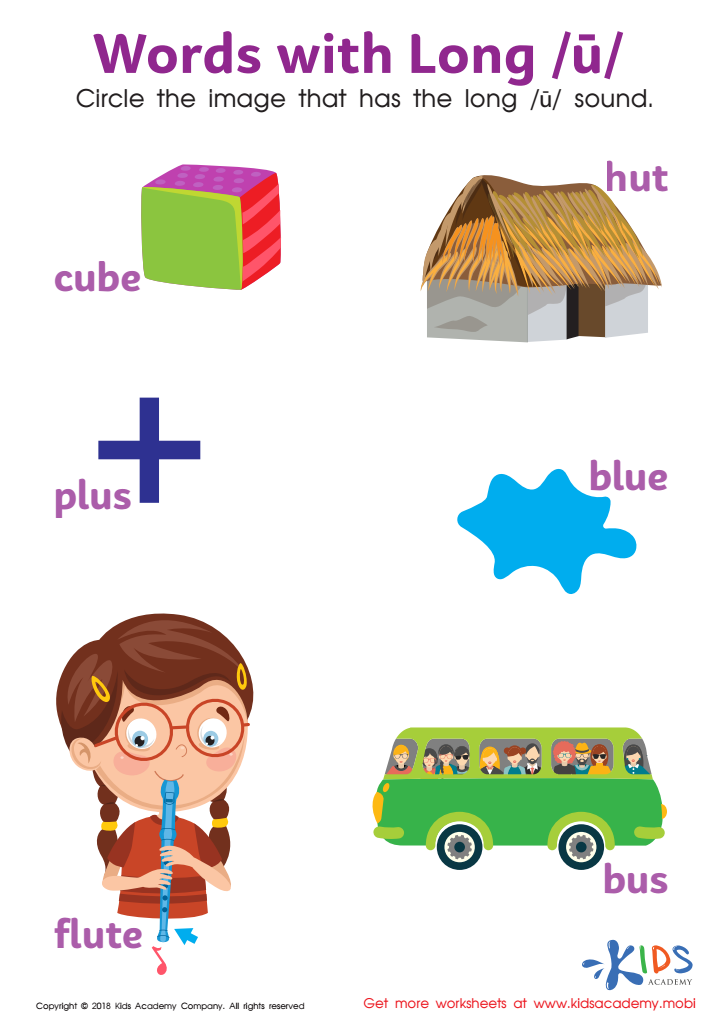

Words with Long U Reading Worksheet
Understanding long and short vowels is fundamental for young children, especially those aged 3-4 who are in crucial stages of language development. Parents and teachers should prioritize this knowledge for several key reasons.
Firstly, vowels form the core of syllables, and recognizing their sounds helps in decoding words. Short vowels, such as the 'a' in "cat," differ from long vowels, like the 'a' in "cake," and this distinction aids in pronunciation and comprehension. By mastering vowel sounds early on, children can more confidently approach reading tasks.
Secondly, early exposure to these sounds enriches vocabulary. When children distinguish between long and short vowels, they become better equipped to understand and use a wider range of words. This skill directly impacts their ability to communicate effectively.
Moreover, phonemic awareness, including vowel recognition, is a predictor of successful reading. Studies show that children proficient in recognizing vowel sounds tend to excel in reading fluency and comprehension later on. This foundational skill supports not only reading but also writing skills, as children learn to spell and form words correctly.
Lastly, engaging in playful activities focused on long and short vowels makes learning enjoyable. For 3-4-year-olds, play-based learning ensures retention and stimulates cognitive development. Overall, emphasizing long and short vowels prepares children for academic success, making it a critical focus for both parents and teachers.
 Assign to My Students
Assign to My Students








